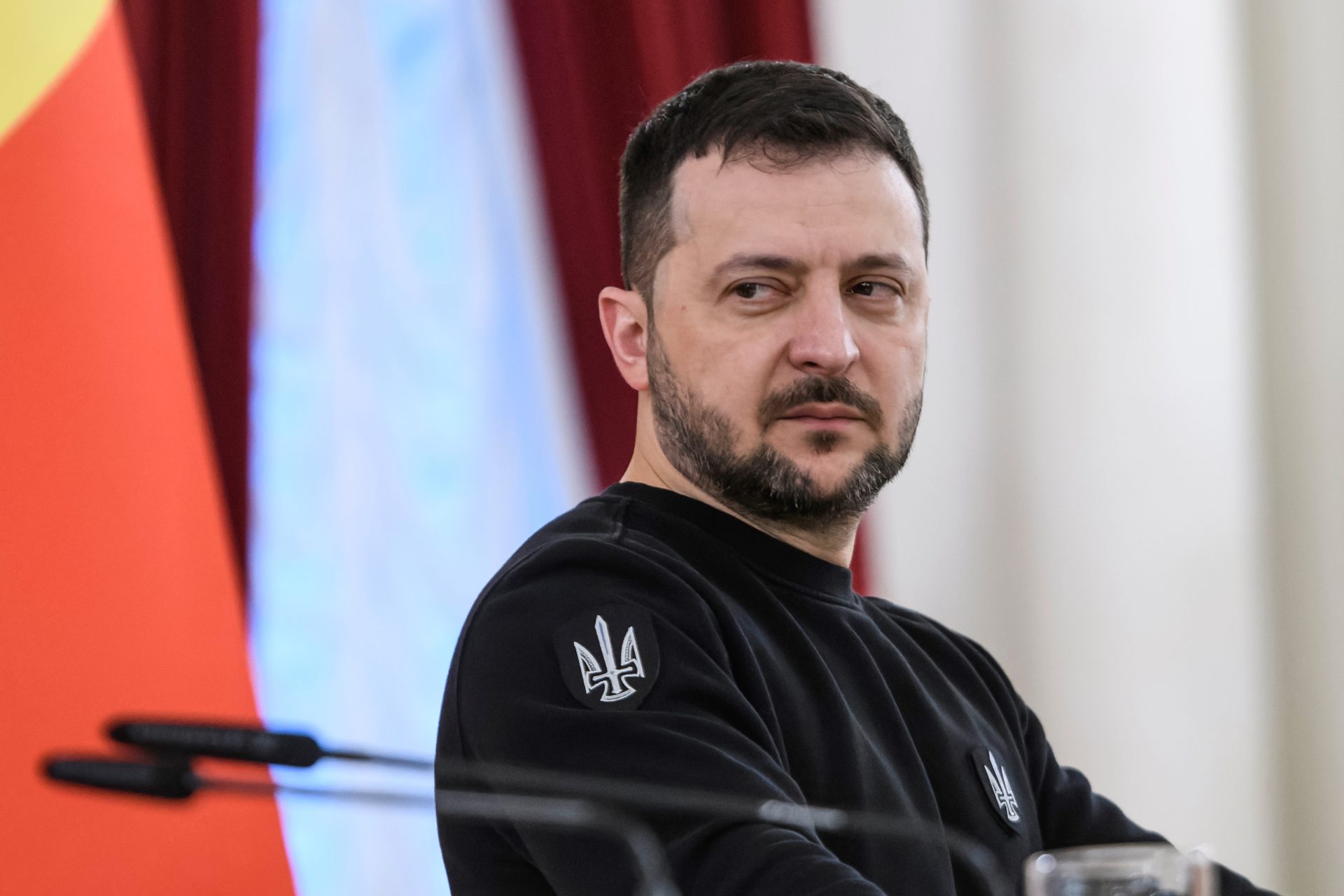
Ukraine’s Mine Ban Treaty Stance: A Controversial Shift
A controversial decision looms as Ukraine may pull out of the Ottawa Convention, potentially reigniting debates on military ethics and humanitarian duties.
At a Glance
- Zelenskyy’s decree signals intent to pull Ukraine from the Mine Ban Treaty.
- Ukraine’s planned withdrawal confronts Russia’s use of landmines.
- Human rights groups criticize the move for potentially worsening civilian harm.
- Ukraine joins a growing list of countries shifting stance due to Russian threats.
Zelenskyy’s Withdraws from the Ottawa Convention
Volodymyr Zelenskyy, responding to intensifying conflict conditions, has signed a decree for Ukraine’s withdrawal from the Ottawa Convention, a treaty prohibiting anti-personnel mines. This decision, enacted by the National Security and Defence Council on June 29, 2025, reflects Ukraine’s urgent military needs against Russia’s massive mine use against civilians and troops. Advocates for disarmament and human rights express concerns over the humanitarian impact and weakening global disarmament efforts.
Watch report: Zelenskyy is ‘fighting a brave battle,’ Trump says at NATO summit
Roman Kostenko, a Ukrainian lawmaker, underscores the importance of this measure by highlighting the imbalance faced when adversaries, unbound by restrictions, employ mines extensively. Zelenskyy’s subsequent decree instructs Ukraine’s Cabinet of Ministers to proceed with the withdrawal process, though it is yet unclear whether additional legislative approval from the Verkhovna Rada might be required.
Impact on International Relations
Ukraine joined the Ottawa Convention in 1999, ratifying it in 2005, aligning with over 160 countries committed to limiting landmine use. Yet, major powers like Russia, China, and the United States have not signed. Ukraine’s potential withdrawal aligns with similar recent decisions by Poland, Lithuania, and Finland, reflecting a regional recalibration prompted by security threats from Russia. This shift could significantly alter Ukraine’s diplomatic relations and global perception.
“I hereby decree… to put into effect the decision of the National Security and Defence Council of Ukraine dated June 29, 2025 on Ukraine’s withdrawal” from the landmark convention,” – Zelenskyy
While the Ottawa Convention symbolizes a global commitment to minimizing weapons harming civilians, critics like Kostenko argue Ukraine cannot adhere to rules ignored by Russia. The international community remains divided as human rights organizations pressure Ukraine to reconsider the long-term humanitarian costs against short-term military advantages.
Regional Security Concerns
Responding to regional threats, Ukraine’s move isn’t isolated. Several neighbors, facing similar security dilemmas, have chosen alternative defensive strategies, challenging the convention’s objectives. As these countries reassess military necessities in light of Russian aggression, Ukraine’s shift may signal an evolving regional security landscape that prioritizes immediate defense requirements over past treaty commitments.
“Russia… uses mines against our military and civilians on a massive scale. We cannot remain bound by conditions when the enemy has no restrictions,” – Roman Kostenko
As the world watches, Ukraine’s potential policy shift places it on a delicate precipice. Balancing tactical needs with global expectations will determine how the country navigates its path forward, influencing international military and humanitarian dialogues profoundly.


